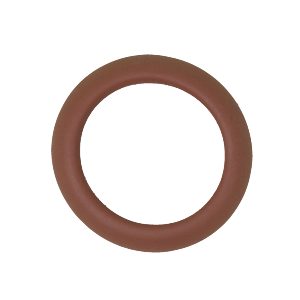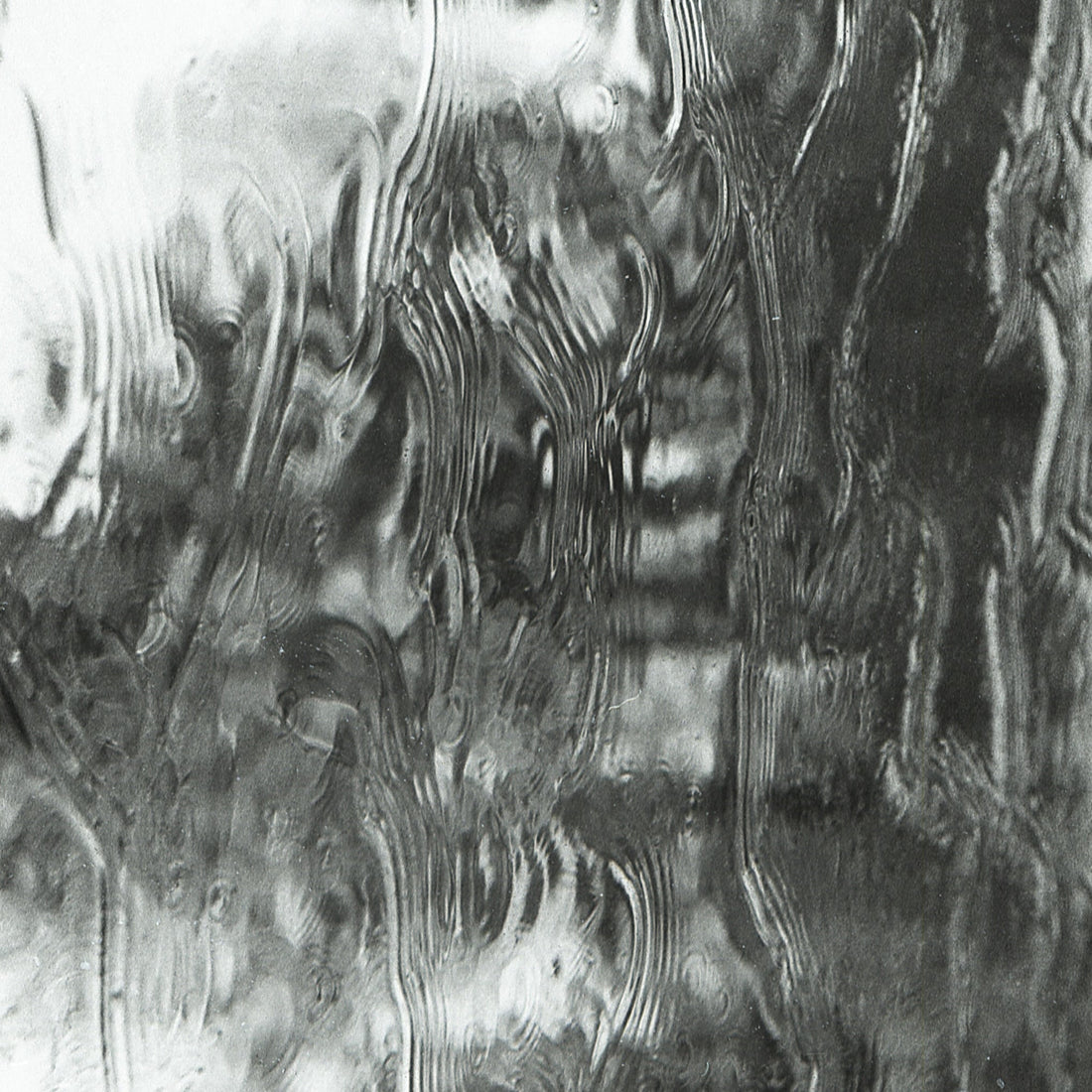Sex addiction
Sex is everywhere, and most of us have thoughts of a sexual nature several times a day. 80.4% of Danes in the Projekt Sexus survey think it's important to have a good sex life, and few would actually do without it - but the question is, when does being preoccupied with sex become problematic? And what do you do if you have lost control of your sex drive?
Written by sexologist Mille Shade Weincke
What is sex addiction?
More and more people are seeking help to gain control over their sex addiction, and although the WHO has defined sex addiction as a problematic health condition, it is still not recognised as a diagnosis in its own right.
Perhaps because in a hyper-sexualised society it can be difficult to distinguish between a healthy sex life with a high "consumption" of sex, versus an outright addiction. But when does something become an addiction and what does sex addiction look like?
All forms of addiction have some criteria in common that define the difference between a healthy use and an addiction. Two of the clearest characteristics are loss of control and compulsive behaviour - that is, you simply can't help yourself, the urge takes over and it may only be when you try to stop that you realise you can't. This is why failed attempts to stop are also a typical sign of addiction.
Another criterion is that you may be so preoccupied with your next fix that you lack the ability to perform your duties - this could be going to work or looking after your children, for example. Despite the consequences of this, the behaviour is usually continued, sometimes leading to a loss of relationships. One of the more physical signs of addiction is that if you try to stop, you may experience severe withdrawal symptoms - conversely, if you continue your addiction, there will be an increase in tolerance in the brain as it becomes more resistant to dopamine input. This results in needing a larger amount of your preferred 'drug' to achieve the same effect as before - in sex addiction this could be starting to watch porn, for example - something that seems relatively 'innocent' to many, but then ends up in much more violent sexual situations.
Where can you get help for sex addiction?
If you've come to the realisation that you can clearly see that the above criteria are a part of your life, then it's time to seek help - but where? Many people experience stigma when they turn seek help because of the lack of recognition of sex addiction as a disease.
However, there are skilled sexologists and psychologists who can help you out of sex addiction in both individual and group therapy, and a good benchmark to look for here is whether they have a lot of experience in the field or are PCSA certified (Professional Certificate in Sex Addiction) - i.e. they are specially trained in sex addiction.
It is important to point out that the goal of working with sex addiction is not necessarily to live in total abstinence, as is known from substance addictions such as alcohol and drugs. In therapy, you will be helped to develop a healthy sexuality, where you will be able to distinguish between good and bad sexual habits. You gain a deeper understanding of where the addiction comes from, what triggers you and most importantly you create a vision of what you want with your life and what values are important to you in it. So there is help and you can easily come out the other side with a thriving sex life if you reach out.
Sources:
Sex in Denmark - Key figures from Project Sexus 2017-2018
Paula Hall - Understanding and Treating Sex Addiction
Healthline - Sex Addiction





